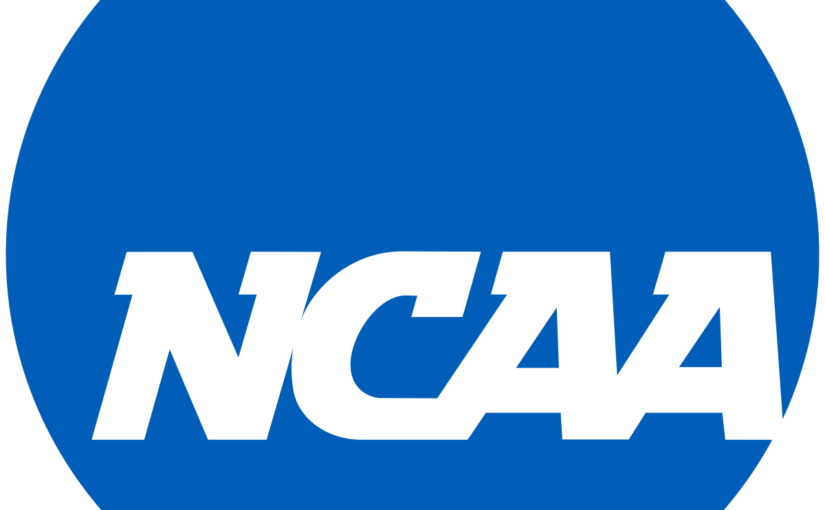Feb 26, 2024NCAA student-athletes report different perceptions of weight & body image
Similar to findings on body image among American adolescents, a recent NCAA student-athlete health and wellness study shows that there is a stark difference in perceptions of weight and body image for student-athletes in women’s and men’s sports.
Men’s sports athletes were 20-30 percentage points higher than women’s sports athletes on all measures of positive body image.
 The Association-wide study administered by NCAA faculty athletics representatives began in October 2022 and concluded in June 2023. More than 23,000 student-athletes participated in the study.
The Association-wide study administered by NCAA faculty athletics representatives began in October 2022 and concluded in June 2023. More than 23,000 student-athletes participated in the study.
Results from the full study were shared at the 2024 NCAA Convention in Phoenix.
“Student-athletes are the heart and soul of college sports, and their health and well-being is critically important to us,” NCAA Chief Medical Officer Brian Hainline said. “By collecting and analyzing data through these studies, we can better support the physical, mental, and emotional well-being of all student-athletes on and off the field.”
When asked about their body image, 68% of men and 45% of women felt they have a good body, 53% of men and 35% of women were happy with their current weight, and 59% of men and 31% of women liked what they look like in pictures.
Black student-athletes were more likely than other racial groups to hold positive perceptions of body image. This was true across men’s and women’s sports.
Despite two-thirds of student-athletes perceiving themselves to be the right weight for their sport, a majority reported that they were actively trying to change their weight. Women’s sports athletes were more likely to perceive themselves as overweight for their sport and report trying to lose weight, while men’s sports athletes were more likely to report being underweight and report trying to gain weight.
Swimming and diving had the highest percentage of athletes in both men’s and women’s sports who reported feeling overweight for their sport. Wrestling stood out as the only men’s sport with more athletes trying to lose weight than gain it.
Participants were also asked about their nutritional habits. A majority reported making an effort to eat healthy foods and consume at least three meals per day.
Student-athletes reported using a range of supplements to enhance their diets. The most used supplements in the past year were protein products (44%), energy drinks (44%), multivitamins (41%), creatine (23%), and multivitamins/minerals with other additives, such as caffeine or probiotics (22%). The use of energy drinks by women’s sports student-athletes has nearly doubled since 2017. Three times as many men’s sports student-athletes as women’s sports athletes use creatine.
» ALSO SEE: Cross-training for sport-specific athletes
When it comes to access to healthy foods, 43% of men and 30% of women said that healthy food options are readily available after practice and competition. In addition, 49% of men and 45% of women said they can afford to eat healthy meals each day, and 50% of men and 32% of women said they have time to eat healthy meals each day.
Proper nutrition is the wellness topic student-athletes want coaches and athletics administrators to discuss more with their teams, followed by mental wellness, getting good sleep, weight management, and body image.
“It’s so important to identify trends in the data to most effectively support student-athletes on campuses across the country,” said James Houle, director of sport psychology and wellness services for Ohio State athletics. “Every student-athlete’s situation is unique, and we need to take the time to get to know the individual and gain an understanding of who they are so we can help them be the best they can be at a nutritional, emotional, and physical level.”
More information about the study can be found on the NCAA research website.



